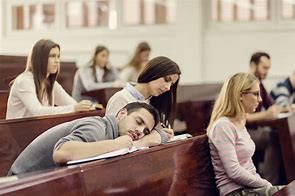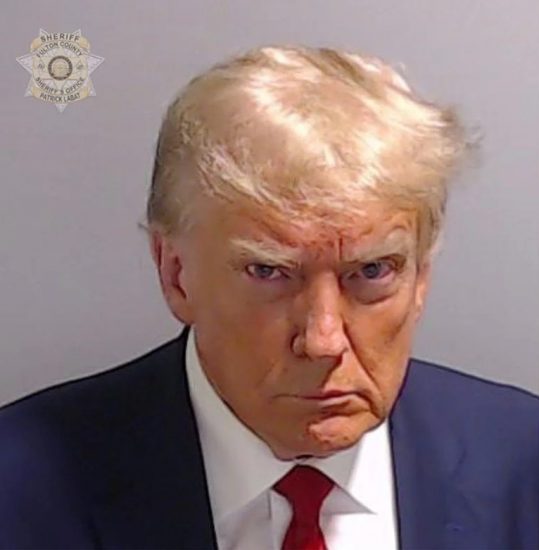An Opinion by Jose Nagore

Let’s face it: People are lazy. It’s in our nature to want to take breaks. Most people would rather play games or draw rather than listen to a lecture. But why do we want to ignore what can help in favor of entertainment?
Sometimes, it is the student’s fault. Whether it be that they just don’t want to pay attention to the subject, or something self-inflicted, such as poor sleep schedules. These are usually the easiest fixes that should help not only in school but in life.
Sometimes, it’s out of the student’s control to observe class. Some students have mental disabilities, such as ADHD and dyslexia. These conditions affect learning in many different ways, and all must be catered to accordingly. ADHD causes issues with paying attention, fidgeting, and a lack of effort. Dyslexia causes struggles within understanding and retaining knowledge. Approximately 5.5% of children in the U.S. had ADHD in 1997. Today, that percentage has nearly doubled to 9.4%. These few millions of students can succeed under the right conditions, but they must be diagnosed properly, and schools have an ethical responsibility to ensure that their needs are met.
Homework can also affect student performance. Students can feel overwhelmed with work and lose the dedication to continue class at all due to excessive homework. Homework can also increase students’ stress levels. This can be solved by teachers giving little or no homework, which has lately become more of a popular idea among teachers, and has a whole movement known as the Anti-Homework movement to support this theory.
Some students also deal with traumatic issues at home. Child abuse can heavily affect a student’s trust with others, which will result in a lack of asking for help and understanding of subjects. Students who work at home all day (house cleaning, animal care, etc.) can result in a lack of studying, as well as suffer communicative skills. Nearly 25% of children in the U.S. experience different forms of child abuse, such as physical abuse and child neglection. These issues are harder to solve, as the student is often scared to report the issues out of fear of punishment from parents.
Apathy can come from poor teaching. Ineffective teachers can lower a student’s self-esteem to the point where students believe they cannot succeed. The students might then think if they cannot succeed in their classes, they will be unable to succeed at life. This also hinders problem-solving skills, and without the knowledge to solve challenging problems, students will learn to simply give up on a problem that they can’t solve. This is a challenge to fix, as we can’t find enough teachers who are passionate due to the teacher shortage.
A school’s funding can cause a lack of enthusiasm. A poorer school environment not only lowers academics, but it also causes a stigma where people put in less effort in a school. Lower-funded schools also have less supplies, causing negative issues with student’s learning and studying. To resolve this, we should balance school funding better, and stop overfunding sports all the time in most schools.
The flaws in the school’s system can also cause a lack of desire to learn. The system has not been updated since the industrial revolution. This causes issues, as everyone learns in a streamlined manner, whether students will use these skills or not. The education system is also geared to the average student, which also causes problems. For intelligent students, they struggle to study or have the will to keep going when a roadblock occurs. For students who struggle in school, they won’t understand what school tries to teach them, and might fail in life due to the lack of assistance. Only 46% of students in the U.S. find themselves in jobs that correlate to their field of study. This problem is by far the hardest to fix. This can only be fixed in the U.S. government, forcing a change within the system.
Truly, there are several reasons as to why students can be slacking off. However, don’t always blame the student, as other factors may be adversely affecting them.
